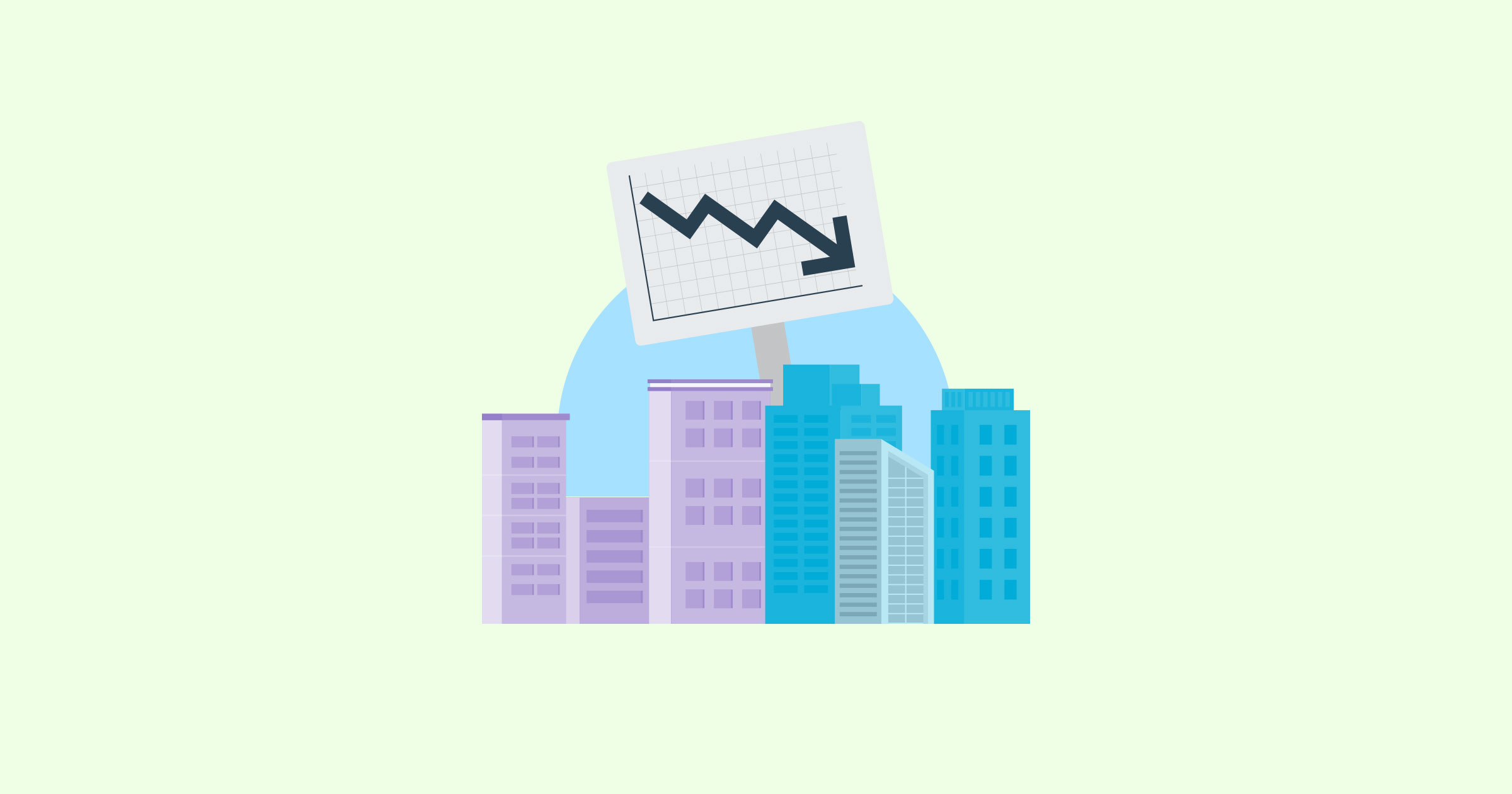When experts start talking about the possibility of a recession, you’re likely to see many experienced investors react. That’s because this situation can significantly affect many investments directly, so you may notice that the value of your portfolio has taken a dive.
A recession can have an indirect effect on your holdings as well, since it is likely to cause trouble for the economy and for individual companies too.
But what exactly is a recession, and what can you do to protect your money if one happens?
What it is
Most financial resources use “recession” as the term for a period in which a country’s economic output drops for two straight quarters. In the US and for the International Monetary Fund (IMF), other factors are also considered.
No matter which definition you follow, it’s undeniable that a recession means tough times for a country and the companies that do business in it. It can lead to trouble in the banking, trade, and manufacturing sectors, which can cause low investment growth, rising bankruptcies and a shrinking job market.
Because business can be bad during a recession, many companies also end up trimming their operations, leading to pay cuts or even job loss. Interest rates are usually lower during this period, as the government will try to encourage borrowing to get more money circulating through the economy.
While a recession can last shorter than 1 year, it may take a while for the economy to return to the level it was at before the period began.
What causes a recession
A recession can have different causes, including crises that have a serious impact on people’s ability to spend and therefore put money into the economy.
However, there is usually no single reason for a recession to happen; instead, there are usually a combination of factors that go into creating the situation. These can range from trouble from within the country to issues that are sizeable on a global scale.
When the difficulties are resolved, the recession might not immediately end. Depending on the severity and scale of the problem, much more time might be needed for full recovery.
What you can do
While there are no sure-fire ways to keep your money growing at its current rate during a recession, there are still things that you can do to manage your portfolio appropriately.
Possibly the most important thing is to not resort to emotional investing, which can lead you to decisions which might not be the best for your future. Instead, keep calm and rely on data instead of instinct to get you through the period.
Other things you can do are to stay nimble, be ready to deploy cash, and take advantage of opportunities during the downturn, once you see more promising signs of recovery.

.jpg)
